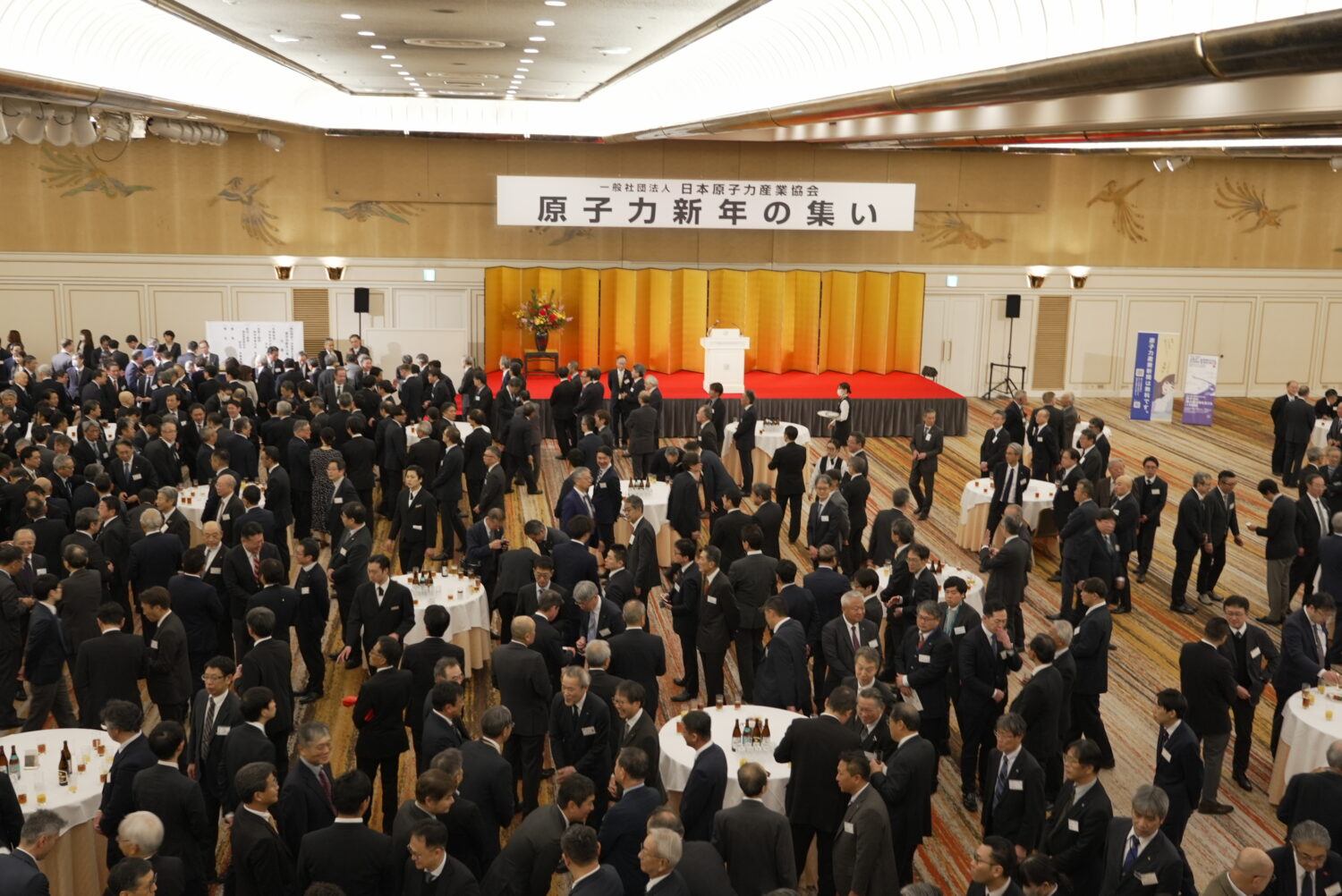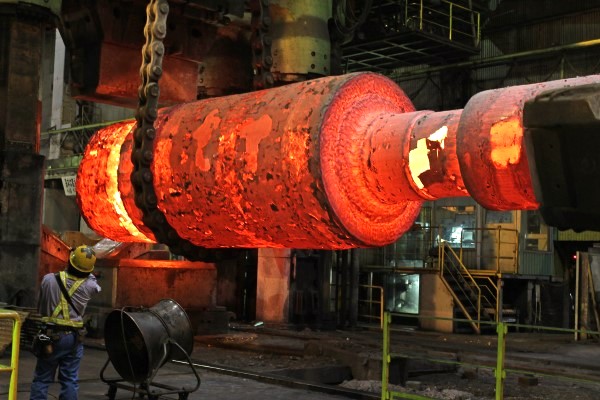The national government conducts such verifications of electricity supply and demand each summer and winter, when power demand increases. As a result, it will not request specific power-conservation actions this time, for the fifth season in a row. The last such request had been in winter 2015.
At the same time, various issues have emerged in regard to the supply of electricity, including rising fuel costs due to suspended operation of nuclear power plants (NPPs), increasing CO2 emissions because of the increased use of thermal power, and reduced ratios of non-fossil fuel use in the power source mix.
As of the end of FY17 (April 2017 to March 2018, a total of six NPPs had cleared the new regulatory standards and restarted (brought back on line). Those are the Takahama-3 and -4 NPPs, owned and operated by the Kansai Electric Power Co. (Kansai EP), the Ikata-3 NPP, owned and operated by the Shikoku Electric Power Co., and the Genkai-3 and Sendai-1 and -2 NPPs, all owned and operated by the Kyushu Electric Power Co.
According to estimates released together with the results of the supply-and-demand verification, increased fuel costs in FY17, stemming from NPP suspensions and increased operation of thermal power plants, amounted to JPY1.4 trillion (USD12.57 billion at USD1=JPY111.4), slightly higher than the JPY1.3 trillion (USD11.67 billion) of the year before.











-013.jpg)



